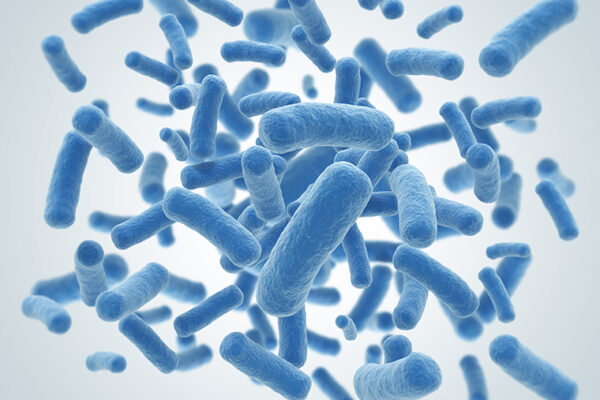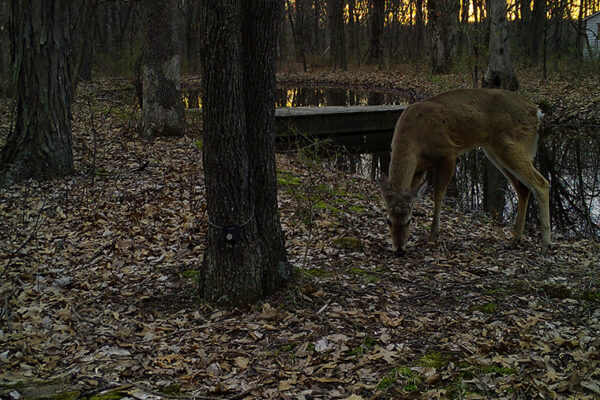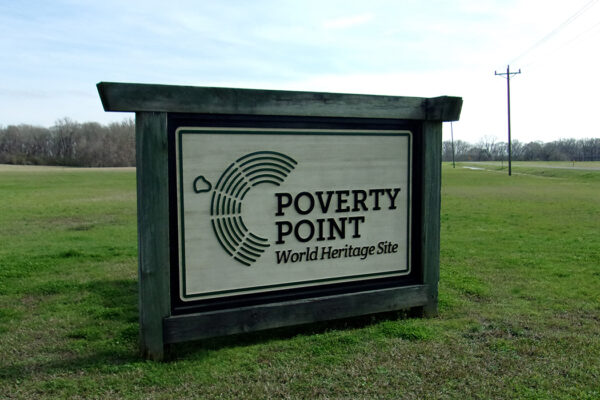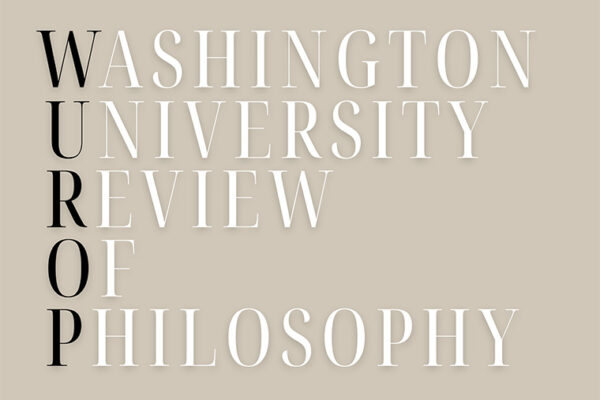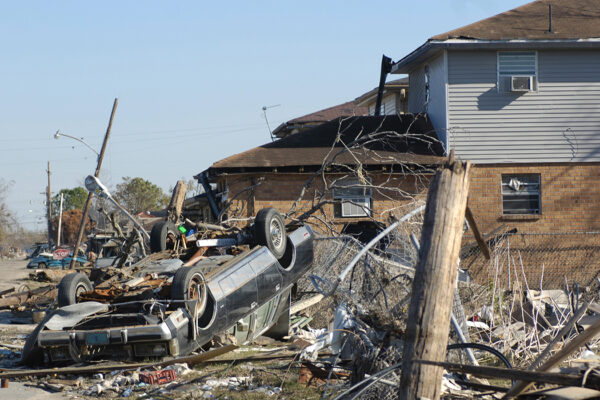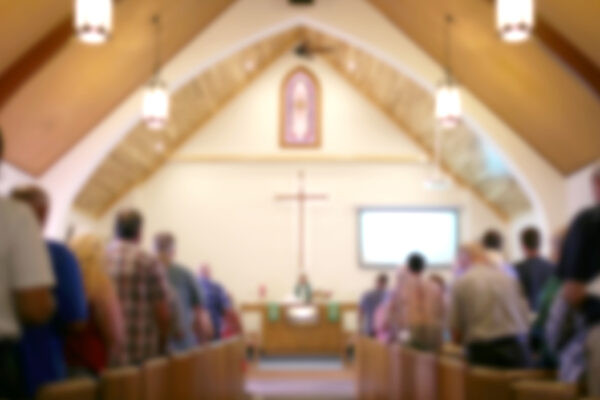Bacteria could learn to predict the future
Using computer simulations and a simple theoretical model, physicist Mikhail Tikhonov in Arts & Sciences showed how bacteria could adapt to a fluctuating environment by learning its statistical regularities — for example, which nutrients tend to be correlated — and do so faster than evolutionary trial-and-error would normally allow.
Patterns of income, urbanization impact mammal biodiversity in the concrete jungle
St. Louis shows the strongest correlation between biodiversity and income of the 20 major U.S. cities included in a recent study. Solny Adalsteinsson, staff scientist at Tyson Research Center and a lecturer in the environmental studies program in Arts & Sciences, is a co-author of the new research published in Global Change Biology.
New evidence supports idea that America’s first civilization was made up of ‘sophisticated’ engineers
New evidence discovered at Poverty Point in northern Louisiana by anthropologists in Arts & Sciences challenges previous beliefs about how pre-modern hunter-gatherers behaved.
Student wins Schneiderman Fellowship
Eric Conners, a graduate student in in biology in Arts & Sciences, received a 2021-22 Howard A. Schneiderman Fellowship.
Alumni, staff earn Fulbright awards
Nine alumni of Washington University earned Fulbright awards to conduct research or teach English this academic year. The program recognizes talented students who are committed to promoting global collaboration and understanding through research and teaching.
Washington University Review of Philosophy launches
The Washington University Review of Philosophy, a new annual journal of professional philosophy edited by undergraduate students, has published its inaugural issue.
Preparation versus relief: Understanding public support for natural disaster spending
Research by Michael Bechtel in Arts & Sciences examines how personal exposure to natural disasters and policy knowledge affect voters’ support for long-term disaster preparedness.
Neurons in visual cortex of the brain ‘drift’ over time
New research from physicists in Arts & Sciences reveals that neurons in the visual cortex — the part of the brain that processes visual stimuli — respond differently to the same kind of stimulus over time.
Cultural backlash: Is LGBTQ progress an attack on Christianity?
New research by Clara L. Wilkins and Lerone Martin in Arts & Sciences explains why some Christians view recent LGBTQ progress as a threat and offers possible interventions to reduce such all-or-nothing beliefs.
Researcher wins grant for cell division work
Sarah Anderson, a postdoctoral research associate in Petra Levin’s biology lab in Arts & Sciences, won a three-year $200,946 award from the National Institute of General Medical Sciences’ Biomedical Research and Research Training Program for a project titled “Modulation of Bacterial Cell Division by (p)ppGpp.”
View More Stories
